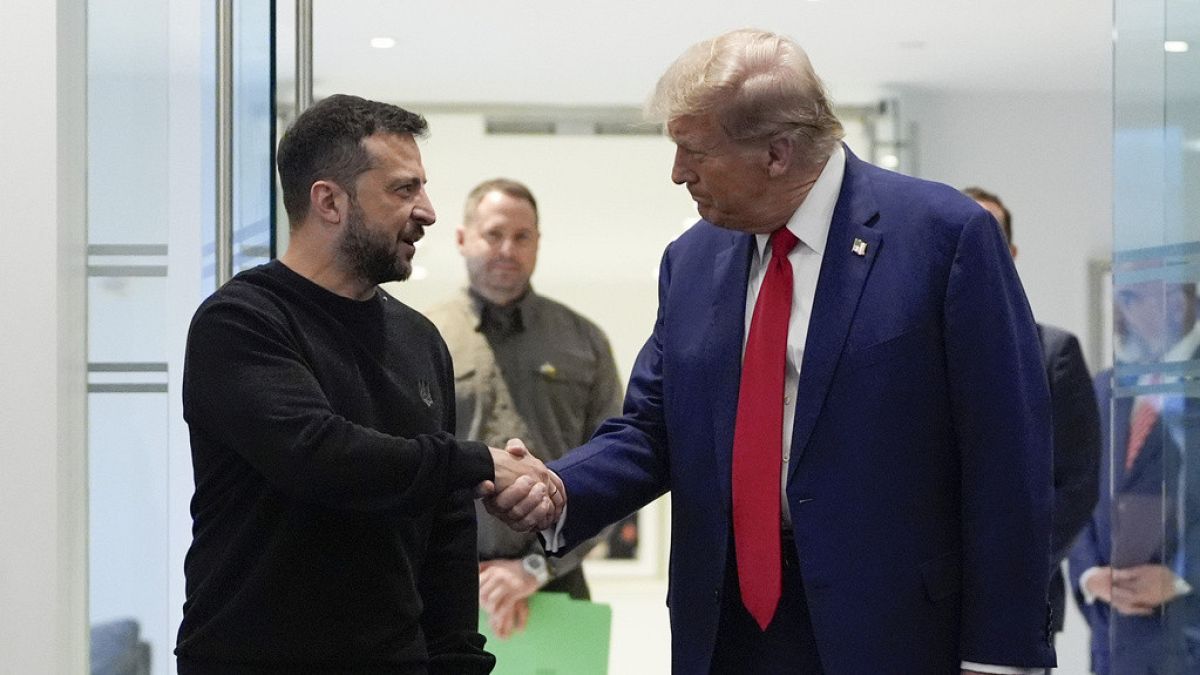The US presidential election has significant implications for the European Union, with concerns mounting over how a potential victory for Donald Trump could impact various aspects of EU-US relations. Analysts fear that a Trump administration could disrupt established ties between the EU and the US on issues ranging from security and aid for Ukraine to trade tariffs. The current aid for Ukraine stemming from Russia’s invasion in 2022 is a key area of contention, as Trump has indicated a willingness to cut off weapons supplies to Kyiv and potentially seek a deal with Russian President Vladimir Putin to end the conflict.
Trump’s stance on US isolationism and his “America first” approach could also have profound consequences for NATO and European defense spending. The former president has previously indicated that he would not defend NATO members who fail to meet their financial obligations, a position that has resonated with some within the Republican Party. This shift towards isolationism raises concerns about the future role of the US in global affairs and the need for Europe to prepare for a world where American involvement may be less pronounced.
Another major area of concern for the EU is the threat of Trump implementing protectionist policies and imposing tariffs on imports, including those from the EU. The US is the EU’s largest trading partner, with significant economic ties between the two entities. Trump’s proposal to impose tariffs on imports from all nations, particularly targeting China, could have far-reaching consequences for EU-US trade relations. The unpredictability of Trump’s campaign promises adds an additional layer of complexity to assessing the potential impacts on trade between the EU and the US.
The landscape of EU-US relations is further complicated by the differing stances of the Democratic and Republican candidates on key issues. While Democratic candidate Kamala Harris is seen as more likely to maintain the status quo with the EU, Trump’s history of criticizing the bloc and advocating for a more isolationist approach could pose significant challenges for European leaders. The need to navigate these potential changes in policy and approach underscores the importance of ongoing dialogue and cooperation between the EU and the US.
In light of the uncertainty surrounding the US presidential election and its potential implications for EU-US relations, analysts stress the importance of closely monitoring developments and preparing for various scenarios. Whether a Trump or Harris administration comes to power, Europe must be ready to adapt to changing dynamics in transatlantic relations and work towards maintaining a stable and productive partnership with the US. The coming months will be critical in determining the future direction of EU-US relations and the extent to which global issues such as security, trade, and defense will be impacted by the outcome of the US election.











